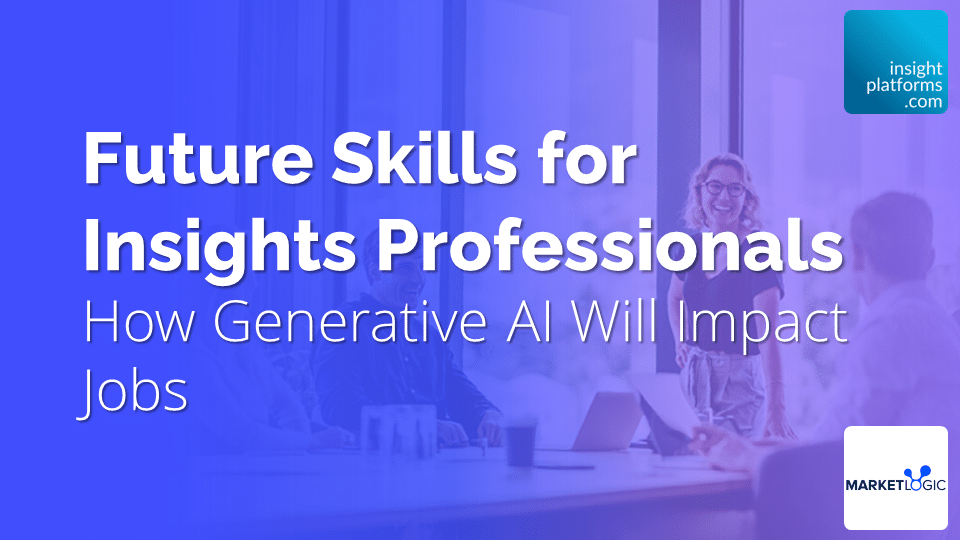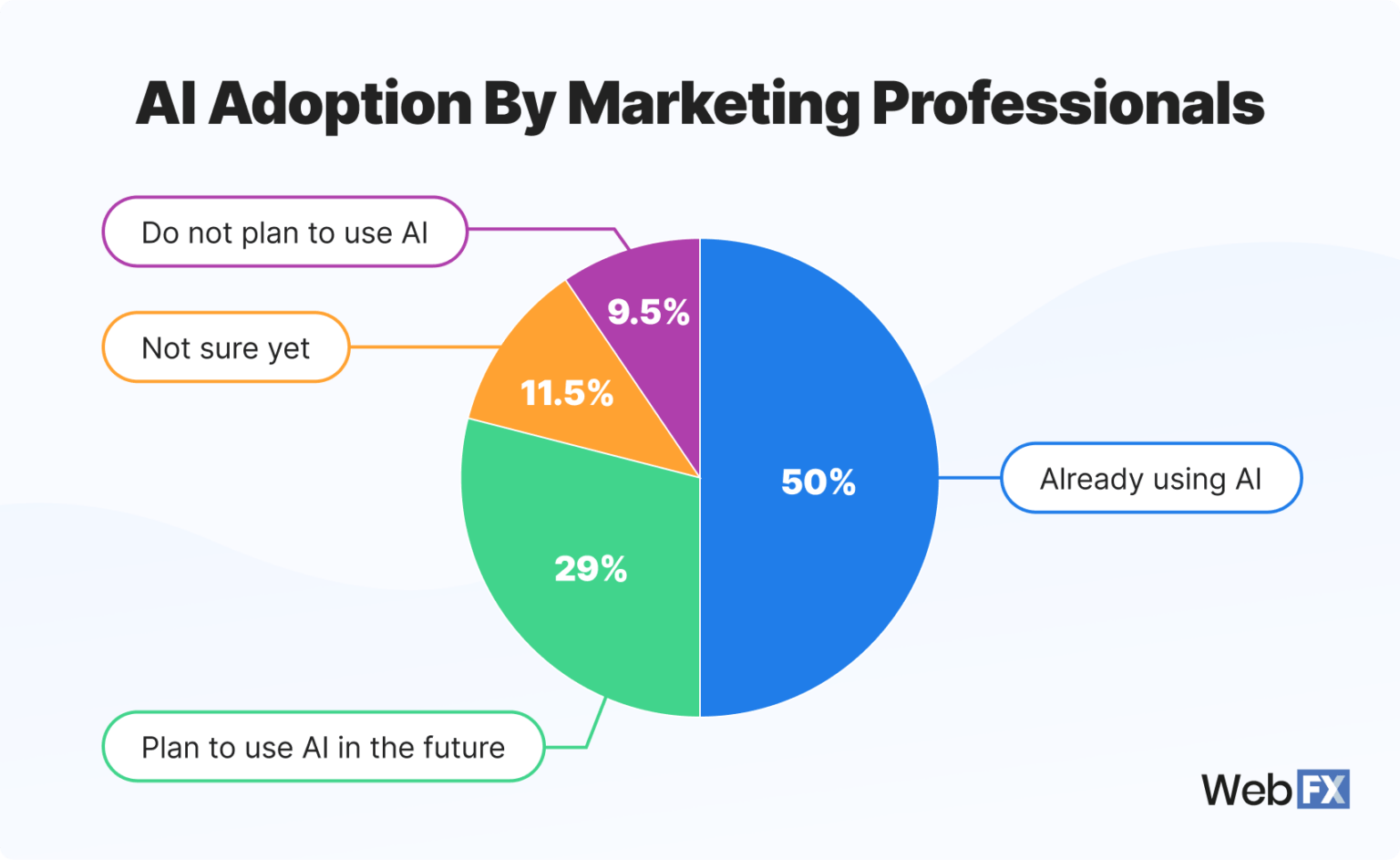
Introduction
The rising overlap of AI and marketing has resulted in a dynamic and quickly changing professional environment with exciting opportunities and challenges. As we move into 2025, marketing professionals are at a critical point in time, where if they are not embracing AI technologies, it could be the day when their career entered into a downward spiral.
In this blog, we will be reaching out to Marketers to make sense of the current AI in marketing landscape, trends that we are moving towards, skills that are increasingly in demand, and how they can survive and thrive in this AI-augmented world.
Current State of AI in Marketing: The 2025 Reality
Artificial Intelligence has increasingly found its place in marketing operations over the last couple of years. Based on recent research 88% of marketers use AI for their everyday tasks, that means it isn’t just an experimental edge, it’s a staple. This universal adoption has changed marketing forever – how they work, how they generate content, how they crunch data and how they reach out to customers..

The numbers tell a compelling story about AI’s growing importance:
- Artificial intelligence in marketing market is exploding with a forecasted Compound Annual Growth Rate (CAGR) mirroring the adoption of AI in modern marketing campaign implementations.
- Generative AI: 92 percent of companies investing plan to by 2023
- 82% of tech marketers say they are more satisfied in their jobs due to their use of AI—the highest rate among all other industries surveyed
- 79% of marketers say AI enables them to work more efficiently while making it easier to analyze data and learn more about their customers
Source
Rather than replacing marketing professionals, AI has primarily transformed their roles by automating routine tasks, enhancing analytical capabilities, and enabling more strategic, creative work.
Five Key AI Marketing Trends Shaping 2025
1. Hyper-Personalization at Scale
Businesses can now leverage AI-powered tools to serve millions of customers personalised experiences in real-time. It’s not just name-in-email customization we’re talking about here – it’s personalized recommendations, custom content, and individual journeys based on real-time behavioral insights.
What the research shows is that businesses that have adopted AI-powered hyper-personalization are getting 30% lower cost of customer acquisition and up to a 40% lift in revenue. That goes to show, personalization at scale is not a nice-to-have- it’s a must-have.” feature—it’s becoming a competitive necessity.
Source
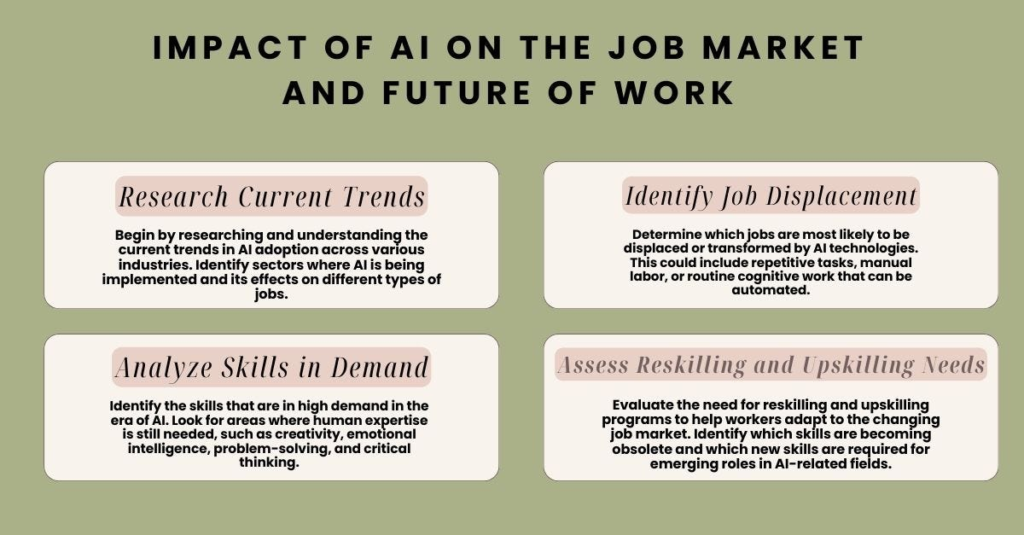
2. AI-Powered Content Creation and Optimization
Generative AI-driven content creation tools are now highly evolved in 2025. Marketers can create quality blog posts, social media pieces and more video scripts that adhere to brand voice and messages guidelines.
Even more importantly, these assets are put to use for content optimization – where they interpret how each campaign performs and in real time recommend tweaks that can drive better engagement and conversions. It’s also drastically reduced the iteration loop as we can launch many content variants and test them quickly.
Source
3. Predictive Analytics Become Standard
Predictive analytics: from fancy technology to marketing staple. AI-enabled systems today make more precise predictions of customer behavior, campaign effectiveness, and market trends than ever before.
This ability to predict lets marketers to reallocate their resources more effectively, concentrate on more promising opportunities and deal with potential challenges before they manifest. As 78% of marketers expect AI to automate at least a quarter of their marketing within three years, the predictive nature of such systems strengthens.
Source

4. AI Ethics and Transparency
The more AI gets embedded within marketing, the more ethical considerations bubble to the surface. Customers are becoming more well-informed about how and where their data is being incorporated and deployed into AI models, and regulations are continually developing around AI use cases.
Progressive marketing departments are beginning to put in place transparent AI policies, literally stating to the customer show customer data they use to influence AI-driven marketing decisions. This transparency is now an emerging differentiator as consumers are becoming more inclined towards those brands which make responsible use of AI.
Source
5. Creative Collaboration Between Humans and AI
The best marketing teams in 2025 are those that has perfected the harmonious dance of human-AI cooperation. The teams don’t see AI as a downward substitution for human creativity: AI, in their minds, is a creative co-pilot, the one that gets us where we’re going faster and with more fuel in the tank.
This conjunctive of AI and humans leverages AI’s capacity to process data and identify patterns, along with the creativity, emotional intelligence and strategic thinking of humans. The result is marketing that is data-driven and emotionally driven at the same time, a combination that neither human beings nor AI could achieve alone.
Source
The Evolving Marketing Job Market

The marketing job landscape is undergoing a significant transformation due to AI integration. However, contrary to early fears of widespread job displacement, we’re seeing a more nuanced evolution of marketing roles:
Emerging AI-Enhanced Marketing Roles
- AI Marketing Strategist: Candidate who specializes in computer-driven marketing with focus on aligning AI-centric strategies with broader business goals.
- Marketing Data Scientists – Professionals who apply traditional marketing theory alongside more advanced data analysis and machine learning techniques to uncover actionable insights.
- AI Content Strategist: Professionals who know how to get the most out of AI content writing tools by staying true to their brand and delivering excellent content pieces.
- Ethical AI Specialists: People employed to ensure AI marketing practices are ethical, transparent and meeting the legal framework.
- Customer Experience Architects: Experts who design comprehensive, AI-enhanced customer journeys across multiple touchpoints.
According to recent reports, these specialized roles often command 20-30% higher salaries than traditional marketing positions, reflecting their strategic importance and the specialized skill sets they require.
Source
In-Demand AI Marketing Skills for 2025
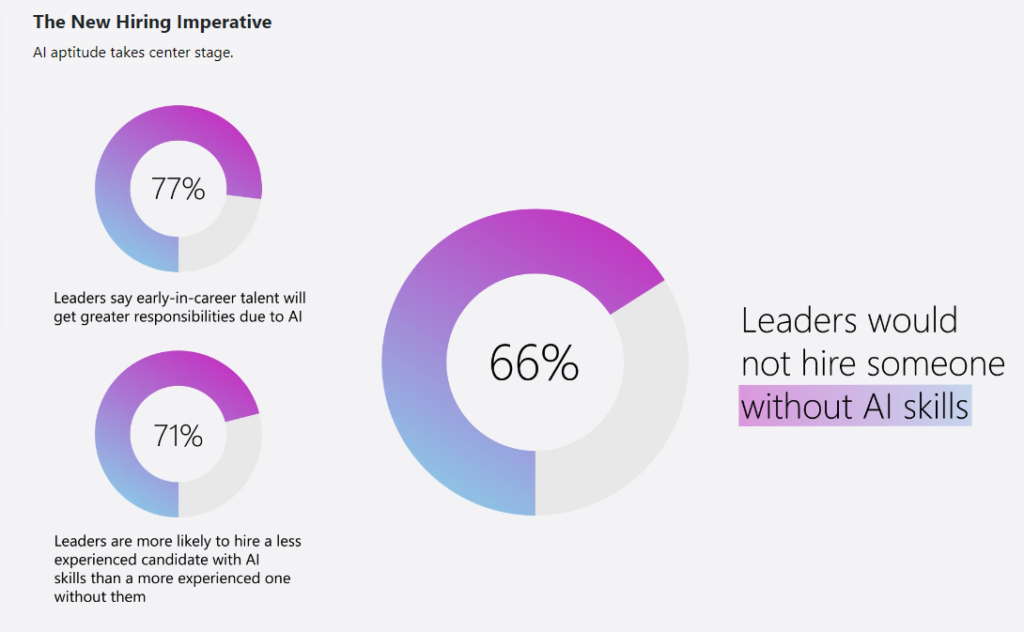
To thrive in this evolving landscape, marketing professionals need to develop a combination of technical, strategic, and human-centric skills:
1. AI Literacy and Tool Proficiency
The ability to understand AI capabilities and limitations, along with practical proficiency in using AI marketing tools, has become a foundational skill. This doesn’t require becoming a programmer or data scientist but rather developing a working knowledge of how AI functions and how to effectively use AI-powered marketing platforms.
2. Prompt Engineering
The art of crafting effective prompts to get optimal results from generative AI tools has emerged as a surprisingly valuable skill. Marketers who excel at prompt engineering can consistently produce higher-quality AI-generated content and more useful analytics from AI systems.
Source
3. Data Analysis and Interpretation
While AI systems can process enormous amounts of data, human judgment remains essential for interpreting results in context and making strategic decisions. Advanced data analysis skills—including the ability to identify patterns, draw meaningful conclusions, and communicate insights effectively—are highly valued.
4. Strategic Thinking
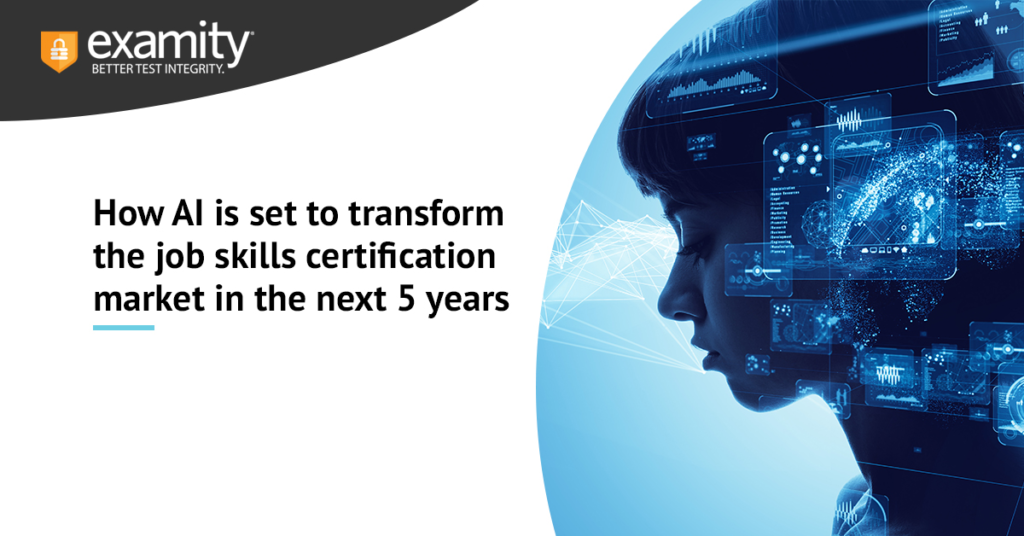
As AI handles more tactical aspects of marketing, strategic thinking has become even more important. The ability to connect marketing activities to broader business goals, identify opportunities for innovation, and develop comprehensive marketing strategies that leverage AI capabilities is crucial.
Source
5. Human-Centered Skills
Emotional intelligence, creativity, ethical judgment, and communication skills are increasingly valuable in an AI-enhanced marketing environment. These distinctly human capabilities complement AI’s data processing power and help create marketing that resonates on a deeper level with audiences.
According to LinkedIn’s Chief Economist, “In the next five years, 50% of all skills used to do our jobs will have changed, and AI innovations will help accelerate this change to 70%.” This underscores the need for continuous learning and skill development.
Source
How Marketers Can Prepare for an AI-Enhanced Future

1. Adopt a Learning Mindset
The rapid pace of AI development means that continuous learning is essential. Marketers should:
- Allocate regular time for exploring new AI tools and techniques
- Participate in courses and certifications focused on AI in marketing
- Join professional communities where AI best practices are shared
- Experiment with new technologies in low-risk contexts
2. Focus on Complementary Skills
Rather than competing directly with AI capabilities, smart marketers are focusing on developing skills that complement AI:
- Creative storytelling that connects with audiences emotionally
- Strategic thinking that considers broader business contexts
- Ethical reasoning and value-based decision making
- Complex problem-solving that requires multiple perspectives
3. Become an AI-Human Collaboration Expert
The most successful marketers will be those who master effective collaboration with AI systems:
- Learn to write effective prompts that guide AI toward desired outcomes
- Develop workflows that combine AI efficiency with human oversight
- Understand when to use AI and when human judgment is preferable
- Create feedback loops that help AI tools improve over time
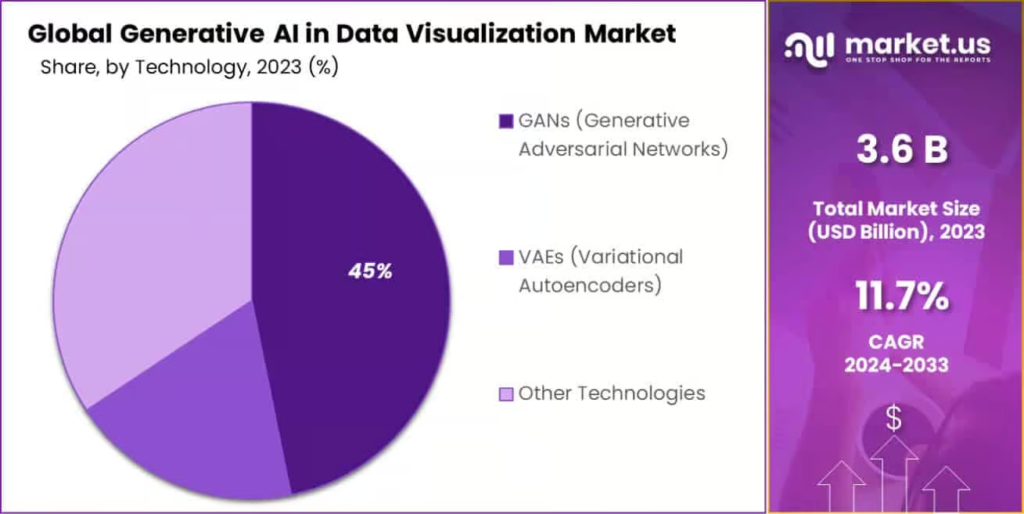
4. Embrace Specialization
As general marketing tasks become increasingly automated, specialization becomes more valuable. Consider developing deep expertise in:
- Specific industries or market segments
- Emerging marketing channels
- Specialized audience engagement techniques
- Complex marketing analytics
5. Stay Human-Centered
Despite technological advances, marketing remains fundamentally about connecting with people:
- Prioritize genuine human connection in marketing strategies
- Use AI to enable more human interactions, not replace them
- Maintain ethical standards in all AI applications
- Remember that empathy and understanding are uniquely human capabilities
Conclusion: The Symbiotic Future of AI and Marketing
The future of marketing isn’t about AI replacing humans—it’s about finding the optimal balance between artificial intelligence and human creativity. As we progress through 2025 and beyond, the most successful marketing professionals will be those who view AI as a powerful collaborator rather than a threat.
By embracing AI’s capabilities while developing complementary human skills, marketers can create more effective, efficient, and emotionally resonant campaigns than ever before. The key is approaching this technological evolution with curiosity, adaptability, and a commitment to continuous learning.
In this symbiotic relationship between human marketers and AI systems, each contributes unique strengths: AI brings data processing power, pattern recognition, and efficiency, while humans provide creativity, emotional intelligence, ethical judgment, and strategic vision. Together, they’re transforming marketing into something more powerful, precise, and human than either could achieve alone.
This blog post was created based on the latest research and data available in May 2025. As AI technologies continue to evolve rapidly, marketing professionals should stay informed about emerging trends and continuously adapt their skills and strategies.
You can also visit our Other blogs: luxira.in

